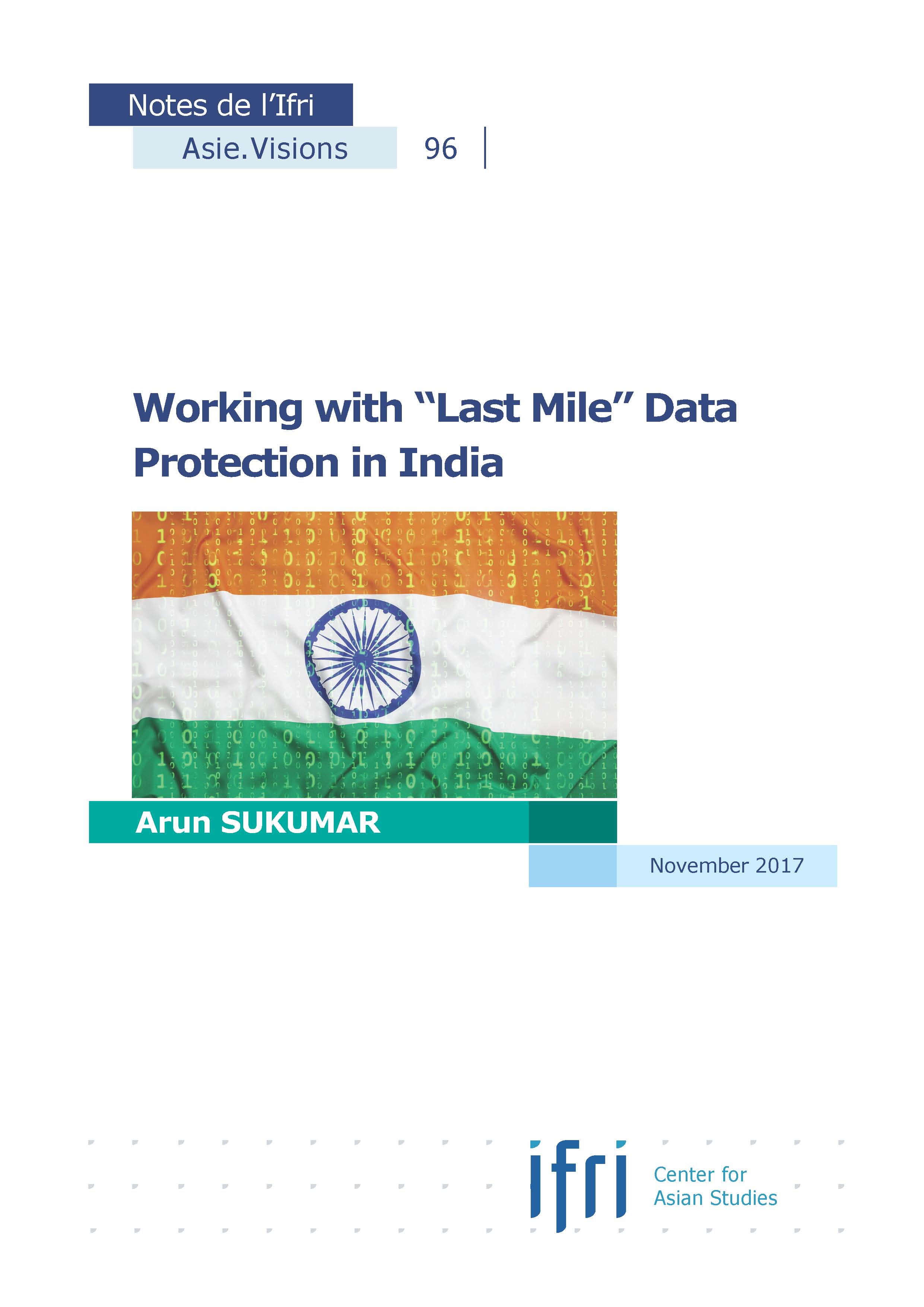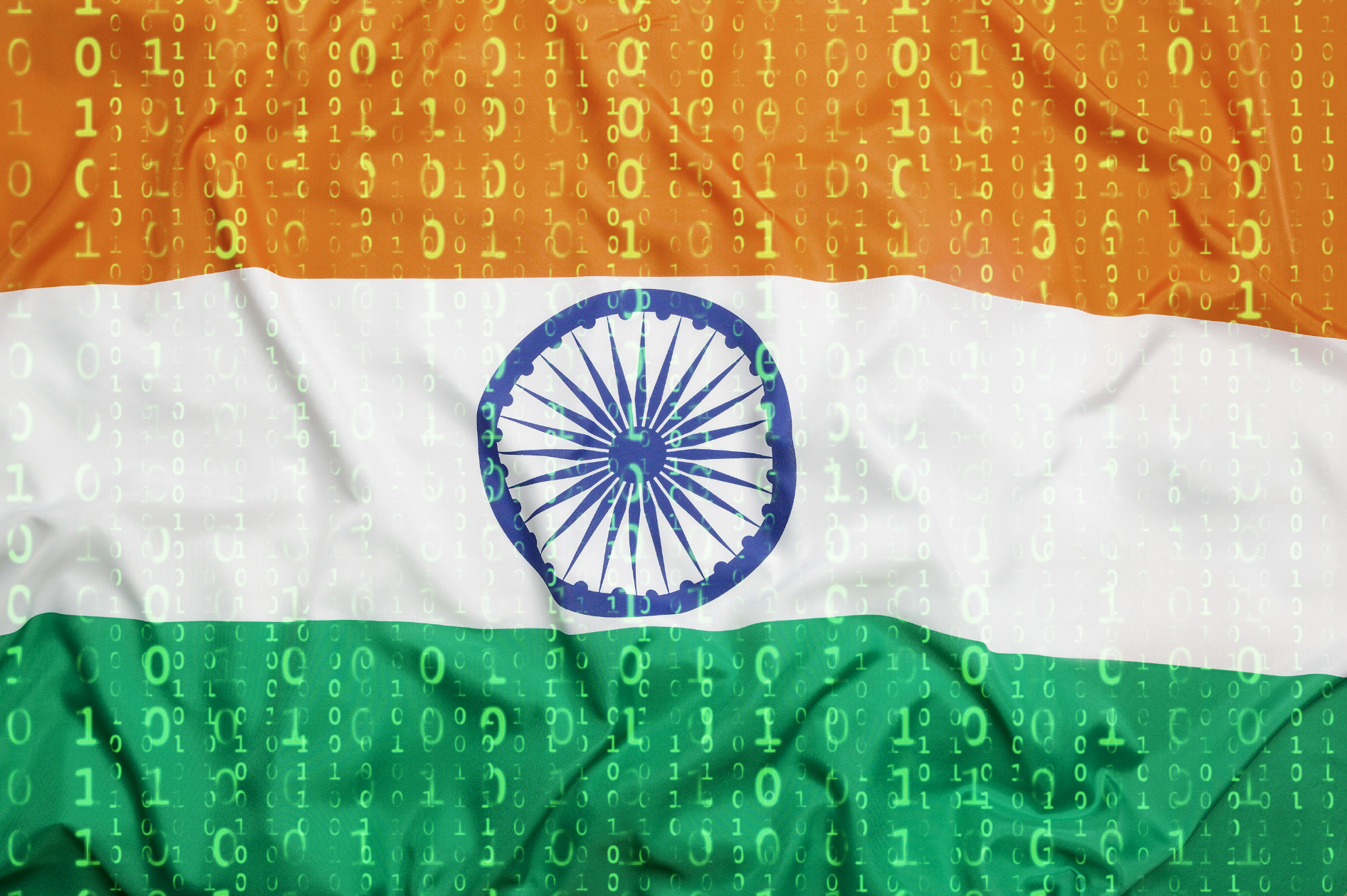Working with “Last Mile” Data Protection in India

India’s digital economy is characterized by “last mile” data protection, with privacy norms, data collection and sharing standards being set at the level of the application (“app”), operating system (OS) and the device. This practice lends itself to multiple, often crisscrossing rules maintained by smartphone manufacturers, mobile operating system vendors and application developers. The user is caught in a maze of privacy policies that bear on important questions: what data is collected, where it is stored, who it is shared with, and legal recourse in the face of policy violations or unauthorized use of data by third parties.

Contributing to the confusion is the lack of statutory or regulatory clarity on data protection. India’s own data protection rules offer wide latitude to technology companies to determine their own practices, which encourage irregular and poorly enforced privacy policies. If regulatory ambiguity has opened the door for conflicting data protection guidelines, the problem is compounded by India’s heavy reliance on foreign devices and applications, many of which transfer data of Indian users outside India’s borders and base their privacy policies on their home jurisdictions. This system of “last mile” data protection significantly diminishes the state’s ability to protect the privacy of its citizens, a right that was recently confirmed as “inalienable” by the Supreme Court of India.
This paper highlights “last mile” protection through an analysis of policies at the app, OS and device layer — using the examples of the Google Play Developer Distribution Agreement, Google Developer Policy, the India-specific privacy policies of smartphone manufacturers Huawei, Vivo and Xiaomi, as well as the privacy policy of WhatsApp. While acknowledging that such policies are here to stay and that it may not be feasible to craft statutory guidelines that comprehensively address every dimension of data sharing and collection, given the diversity in technological platforms, the paper makes the case for a self-regulating, autonomous and multi-stakeholder agency for protecting the integrity of user data.

Available in:
Regions and themes
ISBN / ISSN
Share
Download the full analysis
This page contains only a summary of our work. If you would like to have access to all the information from our research on the subject, you can download the full version in PDF format.
Working with “Last Mile” Data Protection in India
Related centers and programs
Discover our other research centers and programsFind out more
Discover all our analysesThe U.S. Policy Toward Taiwan Beyond Donald Trump: Mapping the American Stakeholders of U.S.-Taiwan Relations
Donald Trump’s return to the White House reintroduced acute uncertainty into the security commitment of the United States (U.S.) to Taiwan. Unlike President Joe Biden, who repeatedly stated the determination to defend Taiwan, President Trump refrains from commenting on the hypothetical U.S. response in the context of a cross-Strait crisis.

China’s Strategy Toward Pacific Island countries: Countering Taiwan and Western Influence
Over the past decade, China has deployed a diplomatic strategy toward the Pacific Island Countries (PICs). This strategy pursues two main objectives: countering Taiwan's diplomatic influence in the region and countering the influence of liberal democracies in what Beijing refers to as the "Global South."

Opening up the G7 to South Korea to Address Contemporary Global Challenges
The G7’s global influence has diminished as powers like China reshape international governance through initiatives such as BRICS and the Shanghai Cooperation Organisation (SCO). With the G7 now representing just 10 per cent of the world’s population and 28 per cent of global GDP, its relevance is increasingly questioned.
Expanding SPDMM as a pivotal institution in the Pacific – A French perspective
The South Pacific Defence Ministers’ Meeting (SPDMM) is the only forum that brings together defense ministers from the wider South Pacific — including Chile, which is hosting it for the first time. This heterogeneous group of countries with varying resources, capacities, and interests — Australia, Chile, Fiji, France, New Zealand, Papua New Guinea (PNG), and Tonga — are united by their shared determination to strengthen cooperation on maritime security and humanitarian assistance and disaster relief (HADR) activities.







